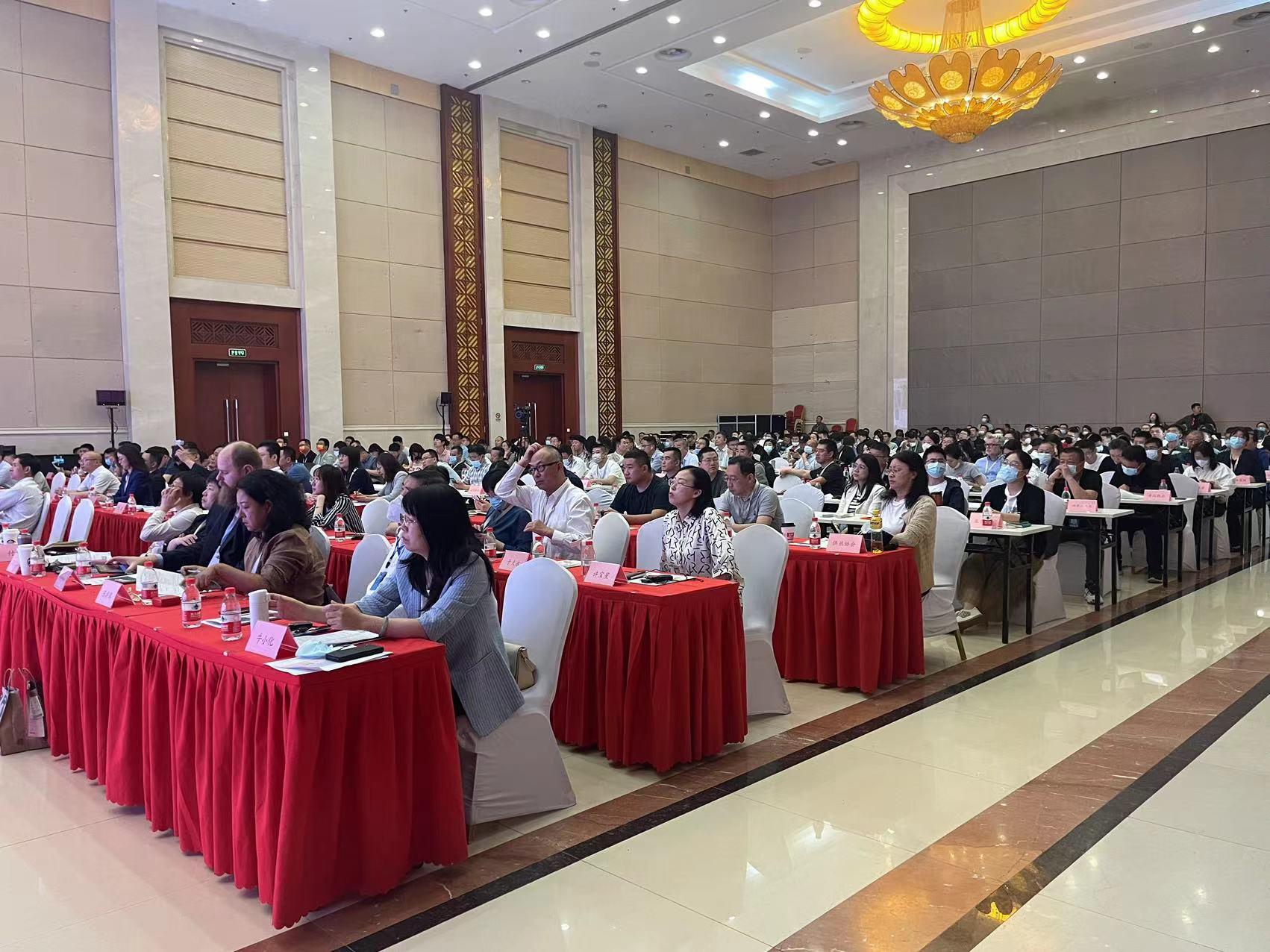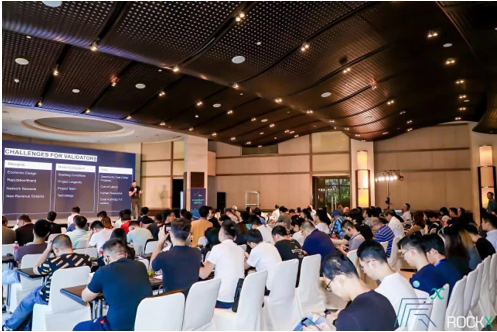是你吗?“这家评分低,就吃这家!”
Unitrans世联
| 文章转载自 世纪君 21世纪英文报
据说,高分餐厅不香了,低分小店反而是隐藏的“宝藏(hidden gems)”?
最近,消费者反向选择低评分餐厅(low-rated restaurants)的现象引发热议。“年轻人报复性挤爆3.5分饭店”、“评分低的店可能更好吃”等话题登上热搜。
图片
图片
在话题评论区,不少网友仿佛遇到知己一般,分享自己在高分“网红”餐厅“踩雷”,被“探店”视频忽悠,或者自己爱吃的小店评分不高的经历。
图片
图片
小红书网友帖子截图
The once irresistible draw of highly-rated restaurants seems to be waning, with lesser-known, lower-rated establishments now being heralded as the true "hidden gems."
Recently, a curious trend has emerged where diners are intentionally seeking out restaurants with lower ratings. Headlines such as "Youth flock to 3.5-star restaurants in a 'revenge dining' trend" and "The best flavors might be hiding in less acclaimed dinners" have gained traction on Chinese social media platforms.
In the comment sections of these trending topics, many people have bonded over shared experiences: high expectations dashed by trendy, overrated restaurants, being misled by promotional videos, or finding that their beloved local joints do not receive the high ratings they feel they deserve.
甚至有网友总结:“3.5分-4.2分最好吃”,“3.8分永远滴神”……
图片图片图片
图片
图片图片图片
不少人表示,很多动辄4.8分或者五星好评的网红餐厅,并不是靠美味征服顾客,而是靠赠送菜品、提供优惠、甚至花钱买好评等方式刷出虚高评分。
图片图片图片图片
There is a growing sentiment that restaurants rated between 3.5 to 4.2 stars on food review platforms tend to offer the most satisfying meals, with a 3.8-star rating being particularly indicative of culinary excellence.
Many argue that the top-rated, internet-famous restaurants with 4.8 to 5 stars are not impressing customers with their flavors but are rather inflating their ratings through complimentary dishes, discounts, or even purchasing fake reviews.
有人认为,年轻人现在开始“支持低分餐厅”,是因为大家的消费观更理性了。
图片图片
不过,也有网友持反对意见,认为高分不一定好吃,但是低分是有道理的。
图片
有网友说,不少低分店的差评,是因为服务态度问题,菜品味道不错,但服务态度也是真的差。
图片
It is suggested that young people's support for "low-score restaurants" is a sign of a more discerning and rational approach to consumption.
However, not everyone is convinced by this trend. Some argue that while a high rating does not always guarantee great taste, a low rating usually points to certain shortcomings.
One common observation is that many low-rated establishments suffer in reviews due to poor service; the food might be good, but the overall experience is lacking.
所以,这些“低分餐厅”为何评分较低?央视网记者走访发现,一些餐厅有固定客群,销售渠道稳定,并不依赖线上引流招徕消费者;一些餐厅的菜品口味不差,但店内装潢简单、服务没有亮点,也导致评分不高。此外,一些餐厅确因菜品、环境等不能尽如人意,导致评价较低。
An investigation by CCTV revealed that some restaurants maintain a solid customer base and sales without relying on online popularity. Others may offer great food but fall short on ambiance and service, leading to lower ratings. Then there are those whose low ratings are justified by less-than-impressive dishes or settings.
央视网认为,消费者“舍高就低”显示出,网络平台信用环境有待净化、评价体系有待完善提升。
The shift from high to low ratings indicates a need for a clean-up of the online review ecosystem and an improvement in the rating system.
《电子商务法》第十七条中规定,“电子商务经营者不得以虚构交易、编造用户评价等方式进行虚假或者引人误解的商业宣传,欺骗、误导消费者”。
《反不正当竞争法》第八条明确,“经营者不得对其商品的性能、功能、质量、销售状况、用户评价、曾获荣誉等作虚假或者引人误解的商业宣传,欺骗、误导消费者。”
虚刷高分的乱象只会扰乱正常的市场竞争秩序,降低点评类App的可信度和参考价值。不少年轻人开始支持“3.5分餐厅”的现象,就反映了对好评率失真乱象的不满。
The issue of artificially inflated ratings disrupts fair market competition and undermines the reliability and value of review-based platforms. The rising trend of supporting "3.5-star restaurants" reflects a broader dissatisfaction with the misrepresentation of ratings.
针对网络平台评分乱象,监管也在发力。
据央视网报道,此前,江苏省市场监管部门公布的“刷单炒信”不正当竞争案件中,就包括南京某信息技术有限公司提供“刷单套餐”案;在安徽蚌埠,一家餐厅也因为“好评返现”被市场监管部门查办。
业内人士指出,在整顿净化市场的同时,应尽快改进和完善餐饮企业在网络平台上的评价和展示机制,让有品质的“宝藏店铺”得到应有的分数,能更好地服务消费者。
“相信评分,不如相信自己的舌头”?对此,你怎么看?
综合来源:中国青年报,央视网,工人日报
|


























